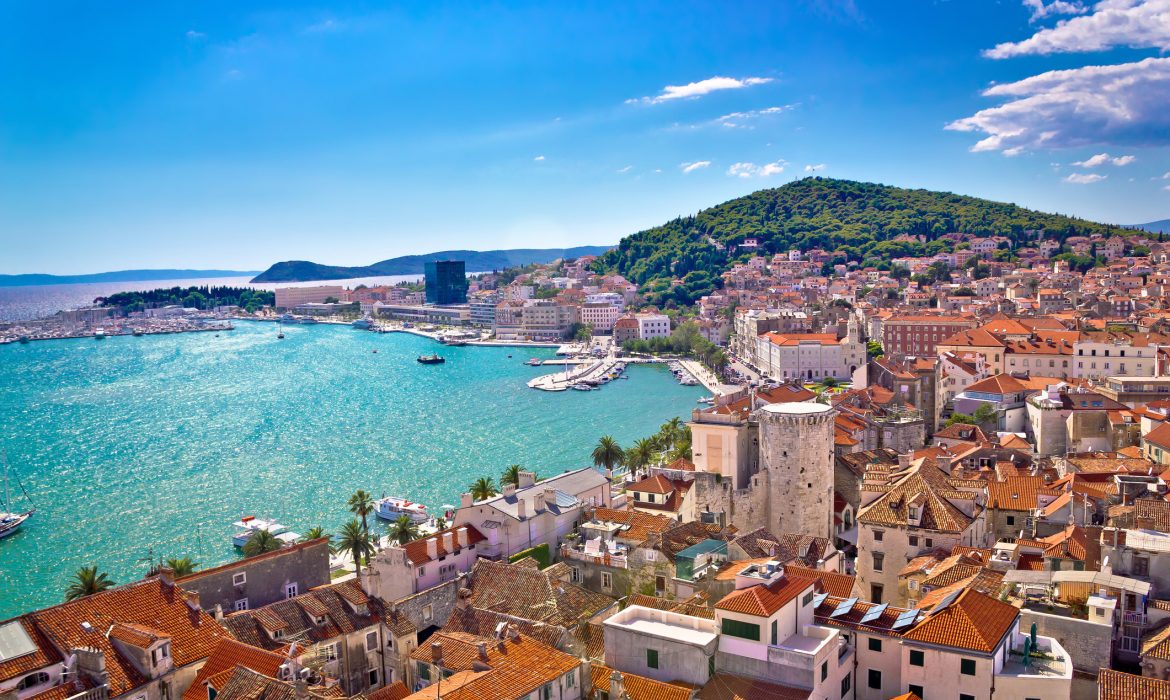Croatia hopes to earn nearly a third of its annual tourism revenues this year despite the coronavirus pandemic, Tourism Minister Gari Cappelli said on Thursday.
The tourism industry accounts for close to 20% of the Balkan country’s gross domestic product (GDP), with holiday-makers particularly drawn to its beaches and warm summers.
But tourism has been hugely affected by travel restrictions imposed to curb the spread of the coronavirus, and the government expects the economy to shrink 9.4% this year because of the pandemic.
“We will try to reach 30% of our tourism receipts from last year, if possible, as we still have a possibility to think about July, August and September arrivals,” Cappelli told Reuters in an interview.
Last year, Croatia earned 10.5 billion euros ($11.42 billion) from foreign tourists and 12 billion euros from tourism overall — about 10% more than in 2018.
Cappelli said the main potential markets for Croatia this year included Slovenia, Hungary, Austria, Slovakia, the Czech Republic, Germany and Italy — even though Italy has been severely hit by the virus.
“Croatia can be reached easily by car from those countries. If the epidemiological situation allows and the situation in those countries corresponds to ours, we could devise some model for the safe arrival and stay of our guests,” he said.
He also said talks were under way in the European Union on the possible movement of people among member states, including Croatia, but bilateral agreements between member states could not be excluded.
Under lockdown restrictions, Croats, unless specially authorised, are not allowed to travel abroad, and foreigners who enter must spend two weeks in quarantine.
“I hope we will be able towards the end of May to meet the conditions and find a solution for reopening our border, but of course pending the epidemiological situation at the time,” Cappelli said.
Croatia has had 2,076 cases of COVID-19 and 69 deaths.
Cappelli said Croatia was working on adopting tourist facilities such as hotels, camping sites and marinas to a new way of tourism adjusted to the safety measures needed against the coronavirus.






